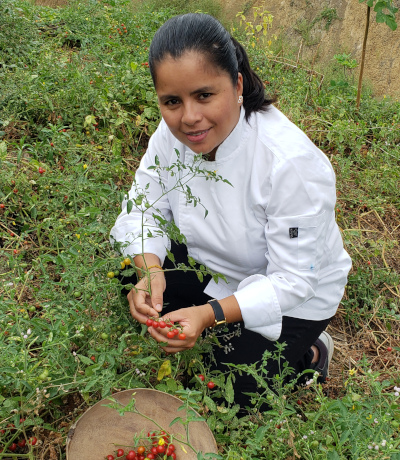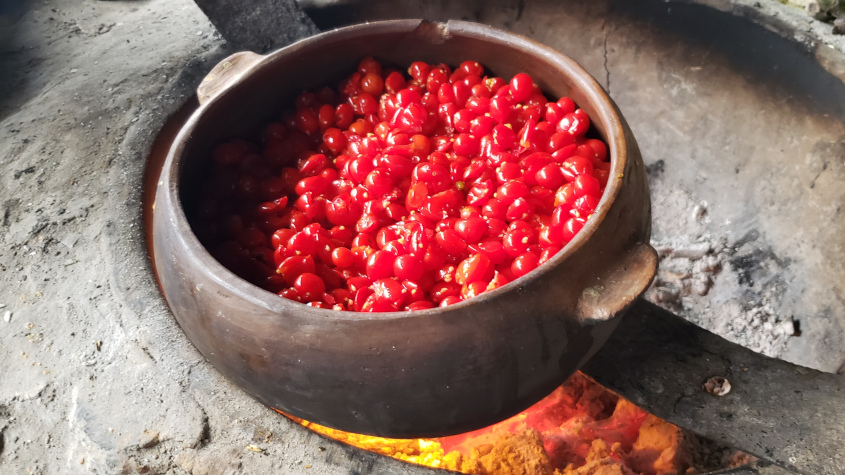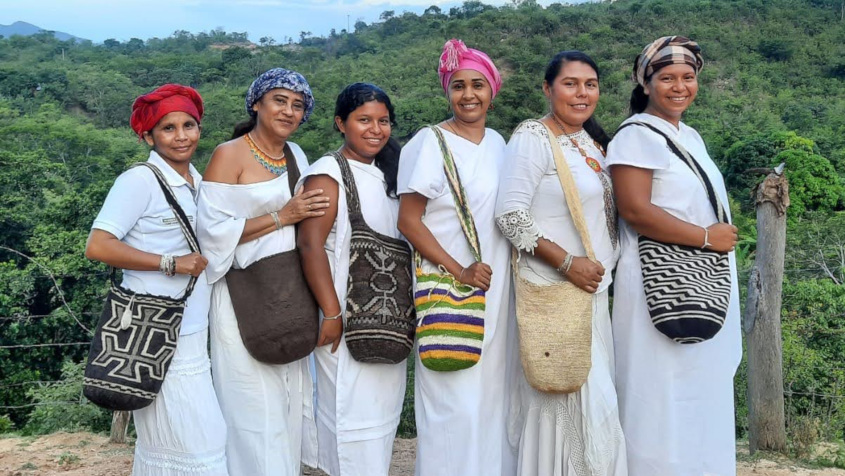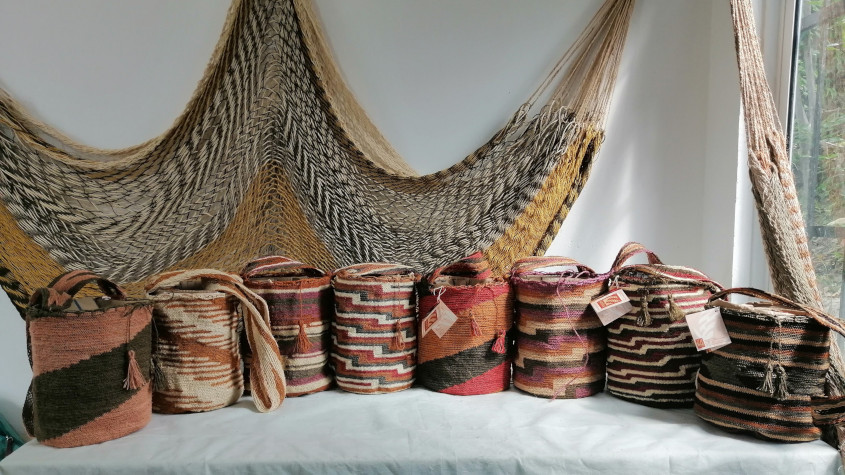Members of Indigenous Peoples and Local Communities Awarded by WIPO in Celebration of the International Day of the World’s Indigenous Peoples
August 9, 2021
The International Day of the World’s Indigenous Peoples calls upon leaving no one behind and for a new social contract. Better protection of indigenous ingenuity and creativity is part of the response to this call, contributing to fair and equitable interactions and cooperation between indigenous peoples, local communities and society at large.

In celebration of the International Day of the World’s Indigenous Peoples (August 9), WIPO wishes to pay special tribute to indigenous ingenuity and creativity, by announcing and introducing the winners of the WIPO Short Story Competition on Indigenous Ingenuity and Creativity.
Launched on the occasion of the World Intellectual Property Day (April 26), the Competition invited active members of indigenous peoples and local communities to submit factual stories related to their traditional knowledge, traditional cultural expressions, or related products and services.
Among the numerous applications received, an independent panel of judges has selected two winners for the awards to be delivered by WIPO.
And the winners are Ms. Fanny Vergara, from the Montubian people in Ecuador, and Ms. Sibelis Villazón, from the Kankuamo people in Colombia!
Fanny and the Manabí wild tomatoes
Fanny is a farmer, chef, cultural manager and researcher of the ancestral and traditional cuisine of the Manabí Province of Ecuador (located along the Ecuadorian coast of the South Pacific). Her dream is to preserve her community’s culinary heritage and ancestral dietary practices such as the benefits and uses of the region’s wild tomatoes.
[Our community’s elders] pass on their knowledge orally and through traditional practices that allow this expression of food and agricultural heritage to endure, and to be maintained through the transmission of knowledge from generation to generation.
Fanny Vergara

Among the Montubian people, wild tomatoes have been part of the diet of the ancestors, the harvest of which continues today. Although still eaten on a daily basis by the community’s elders, this practice is not being passed on to the younger members and children of her community. Furthermore, there has been a reduction in the population of the wild tomatoes, as well as a risk of extinction due to a loss of habitat resulting from climate conditions.
Her story focuses on the importance of the wild tomatoes as part of the food and agricultural heritage of her community and her work to preserve her community’s gastronomic traditions. Fanny believes that through increased use of wild tomatoes, innovative efforts will continue to emerge. For example, she works to innovate and develop her community’s ancestral recipes in order to make the most of the harvest season and avoid any waste of the product.

The legend of the Kankuamo mochilas
Sibelis Villazón submitted a short story on behalf of the Commission of Indigenous Women and the Kankuamo Family in her capacity as its general coordinator. The Commission is a space of support under the governance of the Kankuamo Indigenous Council, with delegates in each of its 13 communities, that, among others, helps to strengthen the cultural identity of the Kankuamo People.

Kankuamo mochilas (or “backpacks”) are made by Kankuamo women with the fibers of the maguey plant that have been dyed in different colors and woven together by hand. Among the Kankuamo people, mochilas are a prized treasure among Kankuamo crafts, with the transfer of traditional knowledge of the craft strengthening the Kankuamo cultural identity in the foothills of the Sierra Nevada de Santa Marta in the municipality of Valledupar.
For us, weaving is a manifestation of our way of thinking. The process allows us to express everything we think and experience on a daily basis. As well as providing economic support for Kankuamo families, it is an invaluable ancestral inheritance and a crucial symbol of our identity as an indigenous people.
Sibelis Villazón
As part of her story, Sibelis shared the legend of Kankuamo mochilas, featuring Kumako, a young Kankuamo boy who learned how to retrieve the fibers from the dried maguey leaves, and Menazare, a young Kankuamo girl who learned how to weave the fibers together to create the first mochila.

What’s next for the winners?
WIPO will work to provide the winners of the Competition with financial and technical support for the implementation of intellectual property-related projects related to the winning stories. These awards are designed to allow indigenous peoples and local communities to better protect or promote their traditional knowledge or traditional cultural expressions, or related products and services.
WIPO looks forward to the continuation of our fruitful collaboration with indigenous peoples and local communities in support of their specific interests and well-being.
Looking for more information on WIPO’s work on indigenous peoples and local communities’ engagement?
Visit the WIPO Traditional Knowledge website for more information on WIPO’s work on intellectual property, traditional knowledge and traditional cultural expressions.
To learn more about WIPO’s activities on indigenous peoples and local communities’ engagement, check out our dedicated webpage on the topic.
For regular updates on WIPO’s activities, sign up for our Traditional Knowledge Updates.